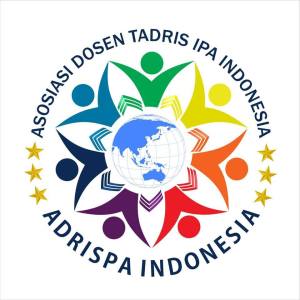THE EFFECT OF SCIENCE LITERACY SKILLS TO CONTEXTUAL THINKING SKILLS ON SCIENCE LITERACY-BASED LEARNING
DOI:
https://doi.org/10.21154/insecta.v5i1.8852Abstract
Along with the development of the 21st century, humans are required to have science literacy and contextual thinking skills. The need for contextual thinking skills and science literacy is one of the challenges in education. This study aims to determine whether science literacy-based learning can improve contextual thinking skills and science literacy skills and to determine the effect of science literacy skills on contextual thinking skills. The method used in this research is quantitative with correlation research design. The sample used was 28 students who participated in filling out the student’s worksheet, multiple choice questions and essay test with a cluster random sampling technique. The research data analysis used non-parametric statistical tests with the help of SPPS 26 for Windows software. The results of this study show that science literacy-based learning improves science literacy with an N-Gain value of 0.1368 and contextual thinking skills with an N-Gain value of 0.6981. Based on the non-parametric statistical test conducted, the sig value is 0.001 or <0.05, and it can be concluded that alternative hypothesis is accepted and science literacy ability affects the ability to think contextually, and there is a correlation coefficient value of 0.601 which means the level of strength of the relationship (correlation) between variables is a strong correlation and is unidirectional. Therefore, to improve literacy and contextual thinking skills, science literacy learning can be used, and high science literacy skills can improve students' contextual thinking skills.








